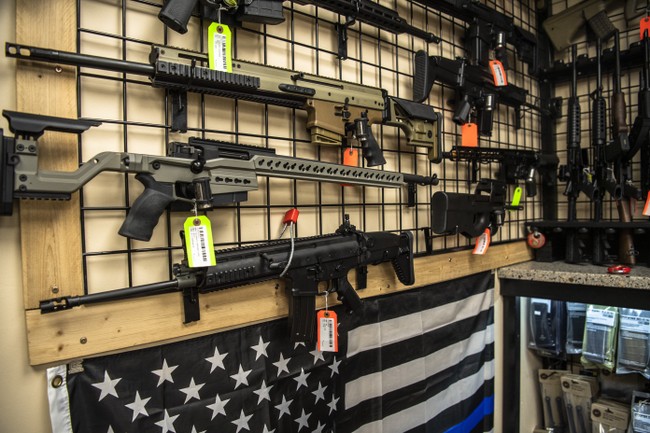The Protection of Lawful Commerce in Arms Act is an important bit of legislation that makes it a lot harder for people to sue gun companies because of what third parties do with the products they make and/or sell. It’s ridiculous we need such a law because only the mentally disabled would blame a company for making a product, selling it lawfully, only for some completely different party to do something.
I often liken it to suing Toyota over drunk drivers, and that’s for good reason.
As things are now, though, that protection is starting to crumble a bit. It’s being challenged left and right, with such a challenge currently before the Supreme Court, even as some states try to create workarounds that will let the lawfare against the firearm industry resume.
John Commerford at the NRA-ILA has some thoughts on the subject.
As we approach the 20th anniversary of the Protection of Lawful Commerce in Arms Act’s (PLCAA) passage coming up on Oct. 26, the law is imperiled by a new generation of anti-gun litigants seeking to exploit loopholes. In March, however, one such case—Smith & Wesson Brands v. Estados Unidos Mexicano—landed before the U.S. Supreme Court, where it received a chilly reception from skeptical justices across the ideological spectrum.
Most observers believe the plaintiffs overplayed their hand, although the reasoning the justices use to resolve the case will determine whether the PLCAA continues to protect the law-abiding gun industry as intended.
The PLCAA is ultimately about how the industry that enables Americans’ Second Amendment rights is regulated. Is it by relatively fixed and ascertainable statutes enacted by democratically elected legislators? Or is it by unpredictable, shifting and innumerable standards of “reasonableness” imposed after the fact by unelected judges at the behest of firearm prohibitionists?
That latter option promotes lawfare, which has been characterized as death by a thousand cuts. Lawfare practitioners may not care if they win their cases, because even one who is innocent before the law can succumb to the legal process itself.
The biggest cut is the expense of litigation. The lengthier and more complex the proceedings, the more likely the defendant will be unable to sustain a defense.
Another is reputational harm from accusations of wrongdoing, no matter how baseless, particularly if the media and public officials amplify the plaintiff’s case.
Commerford goes on to detail how the lawfare activists are using justifiable exceptions within the PLCAA and exploiting them to try and bring back their zealous attack on the one industry most vital to the right to keep and bear arms.
Gun companies can and should be able to be sued for misconduct. If they make a faulty barrel and it explodes, for example, they should be held accountable. Or, if their gun discharges in your holster, you might want to talk to a lawyer, and you should have that avenue available.
But the gun grabbers are trying to use this by claiming the companies’ marketing is misconduct, that by appealing to their customer base, they’re somehow responsible for what other people do.
The kicker is that many of these efforts don’t even try to present evidence that the criminal party even saw the marketing. That doesn’t matter to these folks, and that’s downright disgusting to me.
Read the full article here





